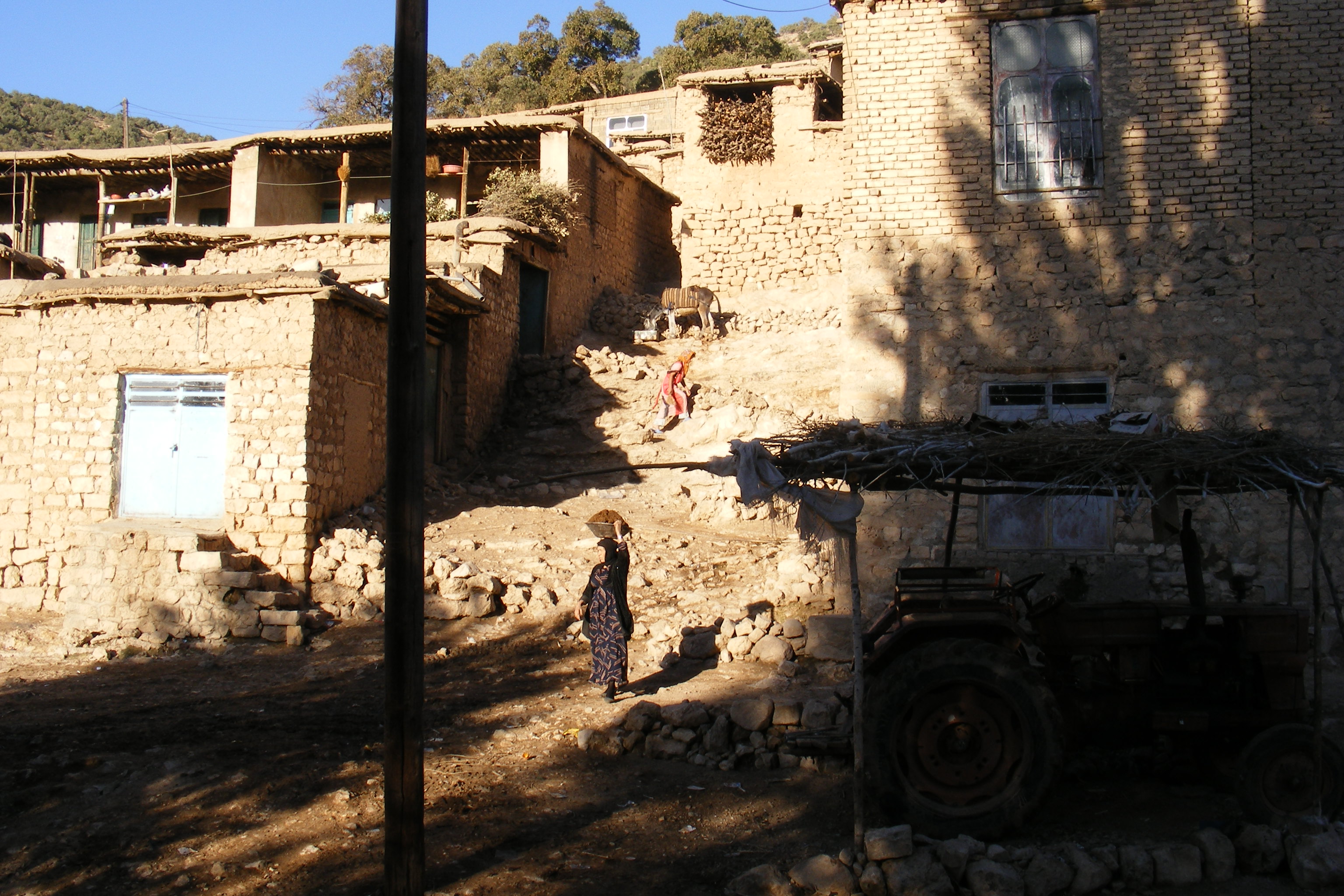The Ahl-e Haqq communities of the Goran region are mountain people, living in relative isolation in small villages and towns, where they form close-knit societies with deeply rooted traditions. Although there are some notable exceptions, few of the people of the region are highly educated. Their culture and traditions have always been passed on from generation to generation through verbal art (in the form of religious and secular oral traditions) and music.
Many themes of their oral tradition can be shown to go back to the remote, pre-Islamic past, and the Goran have good reason for believing that the same is true of their Ahl-e Haqq (or Yaresan, or Yari) religion. Their religious system is closely cognate with those of the Yezidis of Turkey and Iraq, and the Alevis of Turkey, which is suggestive of an ancient common substratum.
While certain Ahl-e Haqq communities either believe, or allow others to believe, that their religion is in fact a branch of Islam, the Goran have always held out against such compromises. This makes theirs the most conservative – and therefore from some points of view the most interesting – of all Ahl-e Haqq traditions.
Since the Iranian Revolution, pressures from the Islamic state and from a minority of Ahl-e Haqq who seek to identify themselves more closely with Shi’ite Islam, the community has suffered severe hardships. In order to go to University, the younger generation must hide their religious identity and adapt to Islamic life, and in any case few young people now have the time and inclination to learn the ancient traditions.
The ancient religious tradition of the Ahl-e Haqq, therefore, is as much endangered as its sacred language, Gorani, and as much in need of being recorded before it is too late.



